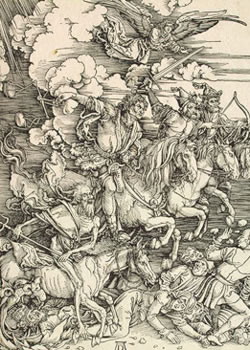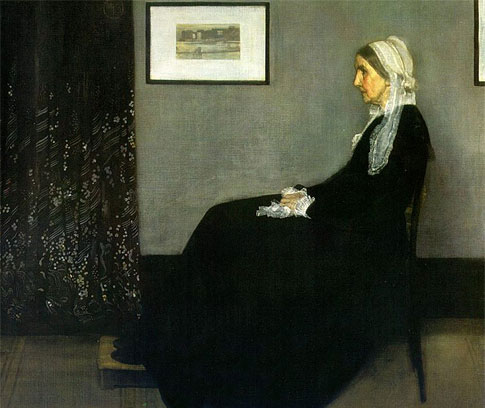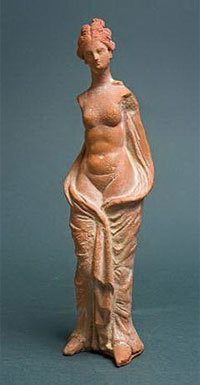Fragonard loses
Architecture
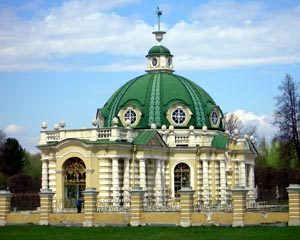 Architecture (lat. Architectura, from the Greek. Architekton – builder), architecture, a system of buildings and structures that form the spatial environment for the life and activities of people, as well as the art itself to create these buildings and structures in accordance with the laws of beauty. Architecture is a necessary part of the means of production and the material means of existence of human society. Her artistic images play a significant role in the spiritual life of society. The functional, structural, and aesthetic quality of architecture (benefit, strength, beauty) are interrelated. Continue reading
Architecture (lat. Architectura, from the Greek. Architekton – builder), architecture, a system of buildings and structures that form the spatial environment for the life and activities of people, as well as the art itself to create these buildings and structures in accordance with the laws of beauty. Architecture is a necessary part of the means of production and the material means of existence of human society. Her artistic images play a significant role in the spiritual life of society. The functional, structural, and aesthetic quality of architecture (benefit, strength, beauty) are interrelated. Continue reading
Honore Fragonard – “Solar Brush Provence”
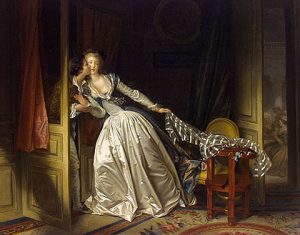 Attraction to the poetry of life, its emotional richness distinguishes Fragonard among the brilliant artists of France of the XVIII century.
Attraction to the poetry of life, its emotional richness distinguishes Fragonard among the brilliant artists of France of the XVIII century.
The destiny of the master initially developed happily. Even in his youth, he quickly and easily achieved success, was recognized by the Academy. Then – the rejection of the paths of a successful artist. Continue reading
